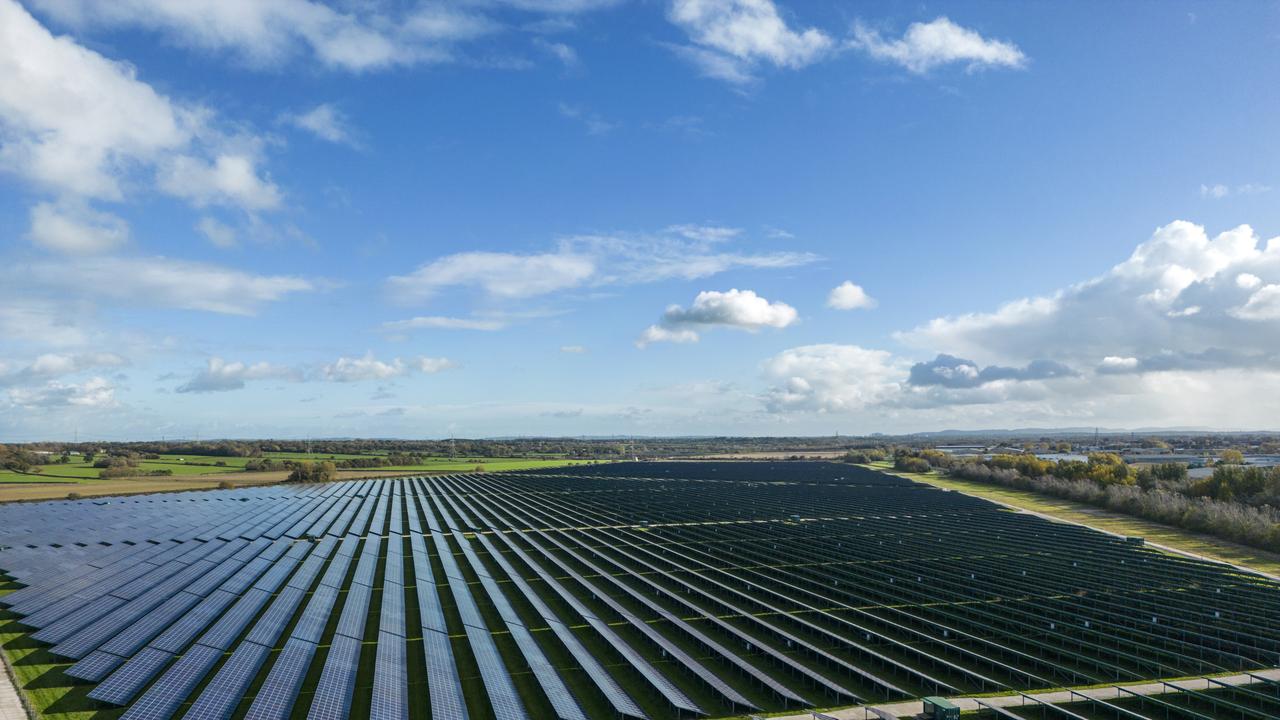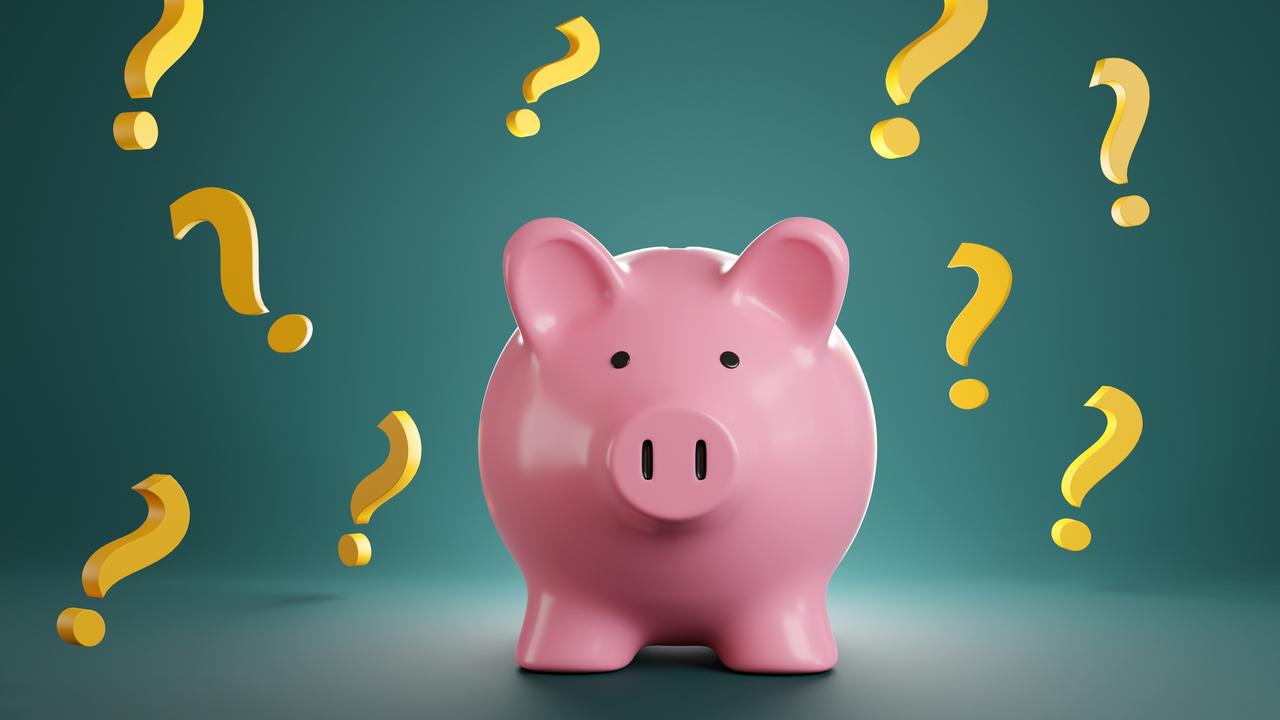Company director and investor Charles Goode warns on share prices, China
Veteran investor and boardroom doyen Charles Goode warns investors aren’t pricing in risk to equity prices and over-estimating the ability of the communist party to reverse China’s decline.

Veteran stock picker Charles Goode has warned current macroeconomic and geopolitical risks are not being reflected in share prices, with the warning signs of a slowing Chinese economy and growing Australian government deficits going unheeded.
Mr Goode, a former ANZ and Woodside chairman, focused on China’s addiction to property and its ageing population, and also expressed his surprise that some policymakers in western capitalist countries believed that this reversal in the fortunes of China could be successfully done by a dictatorial regime.
Mr Goode has also commented that he had been surprised at the resilience of the Australian economy in the face of higher interest rates, but dwindling household savings would prove a handbrake on spending. However, the investment doyen is predicting a period of slow growth rather than a full-blown recession.
Addressing shareholders of listed investment company Australian United Investment in Melbourne on Wednesday, Mr Goode said Australian equities were not pricing in the risk now swirling around the world and at home, with some too focused on future hope rather than the immediate reality.
“The current level of the share market may well be justified by those looking across the valley to better times ahead, but in our opinion, the various risks and uncertainties are not fully reflected in current share prices,” Mr Goode told shareholders.
Mr Goode was cautious about the year ahead for a number of reasons, led by a slowing China.
He also told investors he was surprised that some people in the west thought the spluttering Chinese economy could be reversed by the dictatorial communist party.
“The major force for world economic growth and containing inflation in recent years has been China. That country’s economic growth has slowed considerably, and it faces an ageing population, 20 per cent youth unemployment, an overbuilt property sector, an overextended domestic banking and non-banking financial system, domestic political regulation of its social media industries, and some international restrictions on its imports in the high technology areas.
“We are surprised that so many in western capitalist countries are confident that an autocratic government can successfully reverse a decline in the rate of growth of a middle-income economy,” Mr Goode said.
Chairman emeritus of investment advisory firm Flagstaff Partners as well as chair of investment companies Australian United and its stablemate Diversified United Investment, Mr Goode said Australia was enjoying historically favourable terms of trade with our mineral and agricultural products enjoying high Australian dollar prices.
Local general consumption was being restricted by higher electricity and gas charges and higher petrol prices, insurance costs, rent and mortgage interest charges, while inflation had led to a rapid increase in interest rates and a tightening of liquidity from a Government facing current and future budget deficits.
This continued expenditure on a range of government services would need to be reined in as pressure on the budget ratchets higher.
“The community relied on the support of the government during the Covid crisis and now continues to look to the government to spend more on health, education, NDIS, infrastructure, and defence, but the government’s capability to do so is constrained by its responsibility to move to a balanced budget.”
Mr Goode said while he expected inflation to moderate due to supply shortages being resolved and more subdued demand, it was expected interest rates would remain around current levels for some time and for Australia to move towards positive real interest rates (the interest rate less inflation).
Australian households had proved resilient as rates rose, but lower savings rates would eventually crunch many budgets.
“We have been surprised at the resilience of our economy to adjust to the high interest rate environment, and this is being assisted by inflation moderating due to supply coming forward to meet demand and thus allowing the maintenance of a high level of employment.
“However, the household savings rate in Australia was down to 3.2 per cent in June 2023, its lowest level in 15 years, so there is not much scope for increased consumer demand. We anticipate a period of slow growth rather than a recession.”
He said the $1.4bn Australian United investment fund remained fully invested, but had reduced its borrowings.



